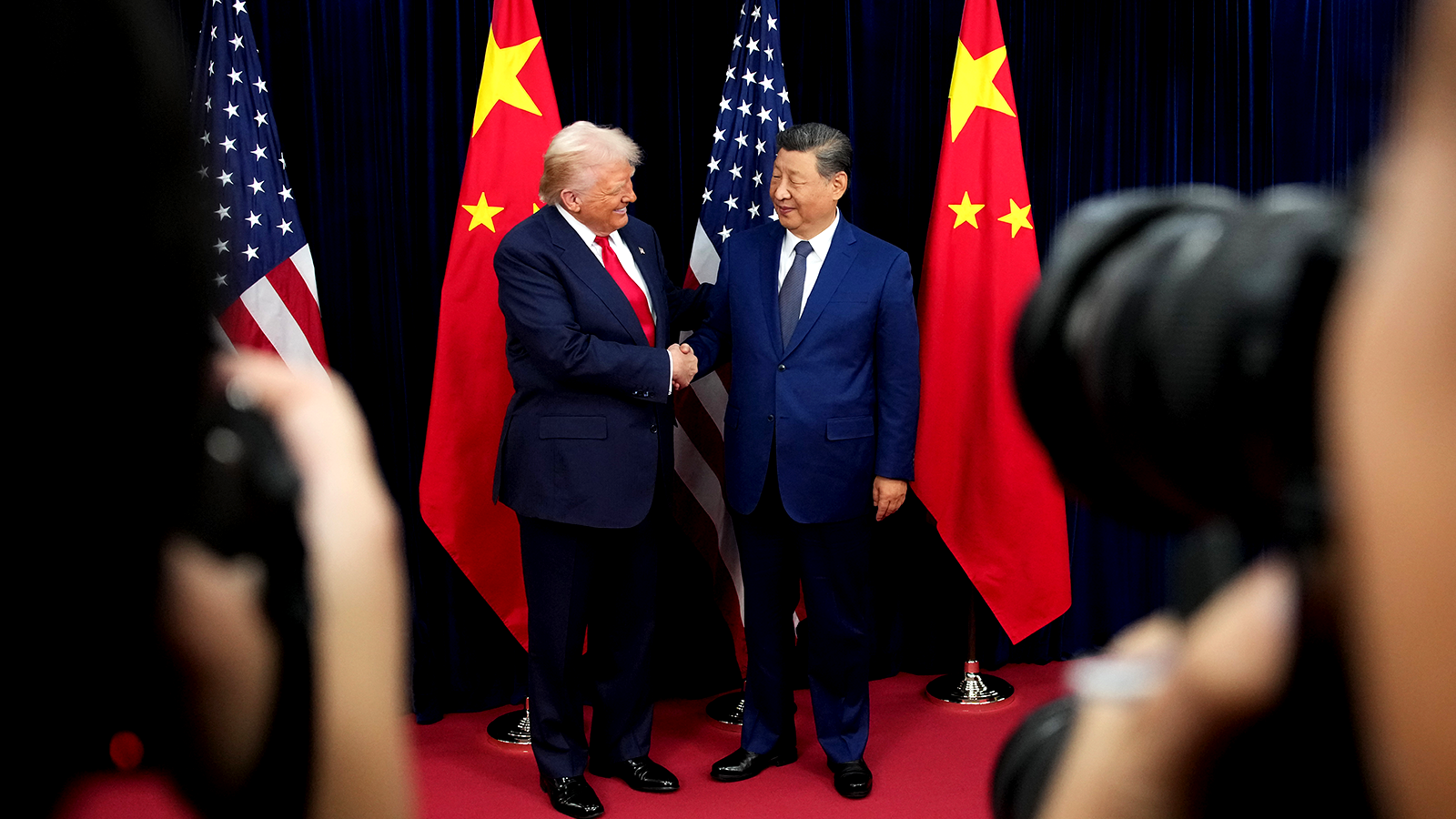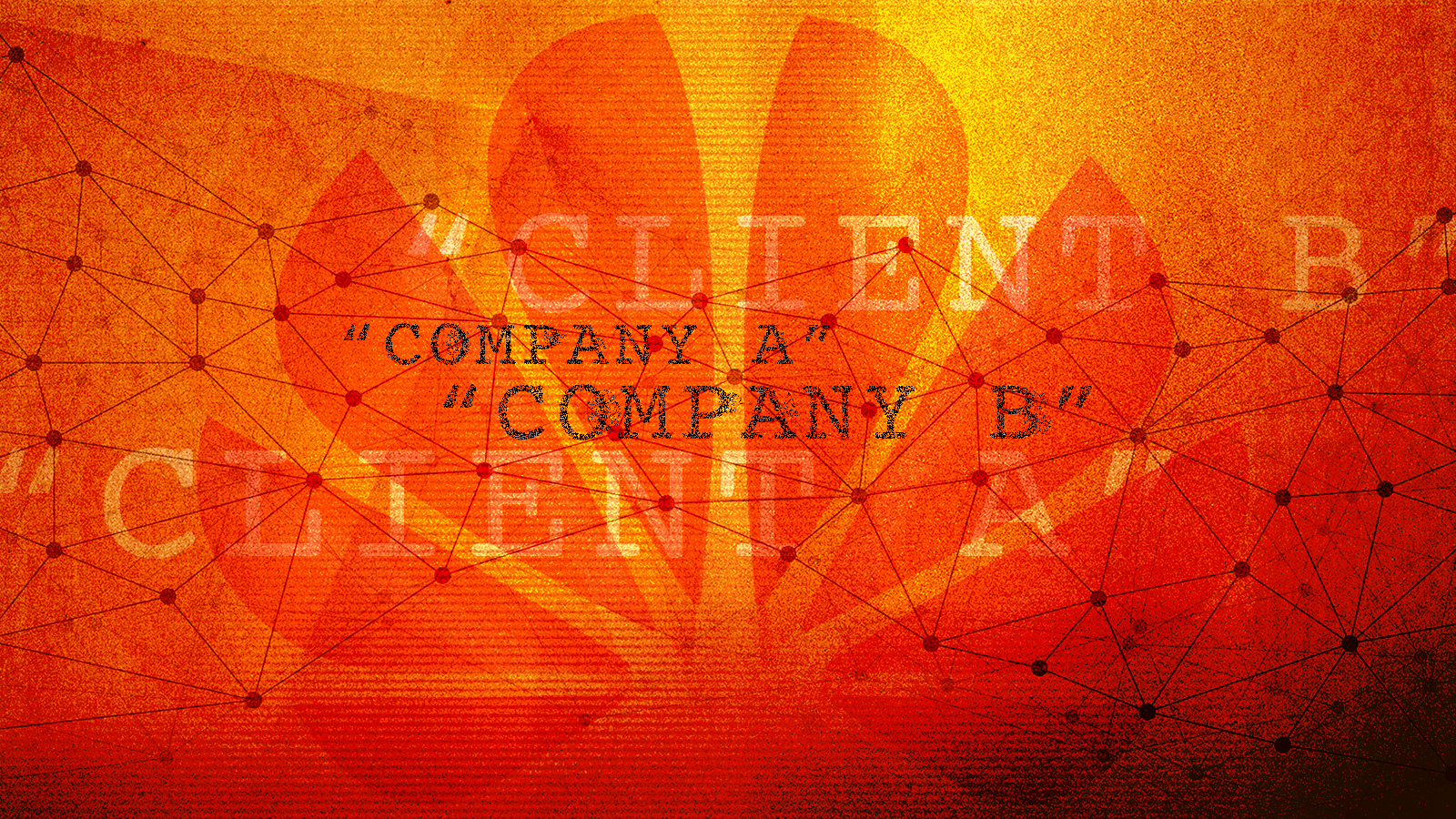The United States will put its sweeping new expansion of export controls on pause, Treasury Secretary Scott Bessent confirmed Thursday, as part of a broader agreement that President Donald Trump reached with Chinese President Xi Jinping to cool a boiling trade war.
The move effectively freezes the 50% “Affiliates” rule, announced by the Bureau of Industry and Security (BIS) in late September. The rule was set to extend export-licensing requirements to companies majority-owned by parties on the Entity List, Military End-User List or a subset of the list of Specially Designated Nationals.
“We are going to be suspending that for a year in return for the suspension on [China’s] rare-earth licensing regime,” Bessent said in an interview on Fox Business, referring to restrictions that China had announced Oct. 9 on rare earth exports that had threatened global supply chains.
The White House followed up on Saturday with a fact sheet that filled in further details on the “trade and economic deal,” including about the 50% rule. “The United States will suspend for one year, starting on November 10, 2025, the implementation of the interim final rule titled Expansion of End-User Controls to Cover Affiliates of Certain Listed Entities,” the fact sheet says.
Officials at the White House, Commerce Department, and Bessent’s Treasury Department did not respond to emailed requests seeking additional comment.
The Trump-Xi meeting, their first in-person talks since Trump’s first term, took place in South Korea amid rising tensions after months of tit-for-tat economic blows.
“The U.S. will suspend for one year the enforcement of its 50% affiliates rule on export controls announced on September 29,” the Chinese ministry said. “China will suspend for one year the related export control measures announced on October 9 and will continue to refine and develop specific implementation plans.”
BIS had added 26 new entities, 16 of them based in China, to the Entity List earlier this month, in its first listings since the announcement of the 50% rule.
The country’s Oct. 9 measures, which landed just over a week after the U.S. announced the 50% rule, had stoked American and international angst.
“It was China versus the world, and we were able to negotiate a one-year pause on that in return for some things that the Chinese wanted,” Bessent said. “The Western supply chains, along with the democracies in Asia—India, Japan, Korea—the supply chains are very integrated.”
The rollback did not appear to cover separate restrictions related to rare earths that China had imposed in April, in response to U.S. tariffs.
Fentanyl precursor chemicals were another point of concern. Bessent said that in exchange for a reduction in U.S. tariffs, China had agreed “to give us substantial cooperation in return for reducing the precursor flow into North America.”
China’s Ministry of Commerce said the U.S. additionally would suspend its Section 301 investigation into China's maritime, logistics and shipbuilding industries, while China would pause its own “countermeasures” in response.
This story has been updated with information from the White House fact sheet.
The move effectively freezes the 50% “Affiliates” rule, announced by the Bureau of Industry and Security (BIS) in late September. The rule was set to extend export-licensing requirements to companies majority-owned by parties on the Entity List, Military End-User List or a subset of the list of Specially Designated Nationals.
“We are going to be suspending that for a year in return for the suspension on [China’s] rare-earth licensing regime,” Bessent said in an interview on Fox Business, referring to restrictions that China had announced Oct. 9 on rare earth exports that had threatened global supply chains.
The White House followed up on Saturday with a fact sheet that filled in further details on the “trade and economic deal,” including about the 50% rule. “The United States will suspend for one year, starting on November 10, 2025, the implementation of the interim final rule titled Expansion of End-User Controls to Cover Affiliates of Certain Listed Entities,” the fact sheet says.
Officials at the White House, Commerce Department, and Bessent’s Treasury Department did not respond to emailed requests seeking additional comment.
The Trump-Xi meeting, their first in-person talks since Trump’s first term, took place in South Korea amid rising tensions after months of tit-for-tat economic blows.
What China said about the 50% rule delay
China’s Ministry of Commerce briefly noted the U.S. rule’s suspension in an official statement Thursday following the meeting.“The U.S. will suspend for one year the enforcement of its 50% affiliates rule on export controls announced on September 29,” the Chinese ministry said. “China will suspend for one year the related export control measures announced on October 9 and will continue to refine and develop specific implementation plans.”
BIS had added 26 new entities, 16 of them based in China, to the Entity List earlier this month, in its first listings since the announcement of the 50% rule.
- Data point: A Kharon analysis in June found that most subsidiaries likely to be covered under such a rule were based in China or Russia, but thousands more are located elsewhere, including in major Western and Asian finance hubs.
The rare earths rollback
Both countries’ leaders framed the other side’s delay of measures as a victory. China controls roughly 70% of rare-earth mining and 90% of processing and refining globally, giving it a distinct strategic advantage at a time when such minerals are essential in everything from smartphones to electric vehicle batteries.The country’s Oct. 9 measures, which landed just over a week after the U.S. announced the 50% rule, had stoked American and international angst.
“It was China versus the world, and we were able to negotiate a one-year pause on that in return for some things that the Chinese wanted,” Bessent said. “The Western supply chains, along with the democracies in Asia—India, Japan, Korea—the supply chains are very integrated.”
The rollback did not appear to cover separate restrictions related to rare earths that China had imposed in April, in response to U.S. tariffs.
More on the meeting
As part of the two countries’ larger deal framework, Trump announced on social media, China had agreed also to “begin the process of purchasing American Energy,” including oil and gas from Alaska, and to resume purchases of American soybeans.Fentanyl precursor chemicals were another point of concern. Bessent said that in exchange for a reduction in U.S. tariffs, China had agreed “to give us substantial cooperation in return for reducing the precursor flow into North America.”
China’s Ministry of Commerce said the U.S. additionally would suspend its Section 301 investigation into China's maritime, logistics and shipbuilding industries, while China would pause its own “countermeasures” in response.
This story has been updated with information from the White House fact sheet.










